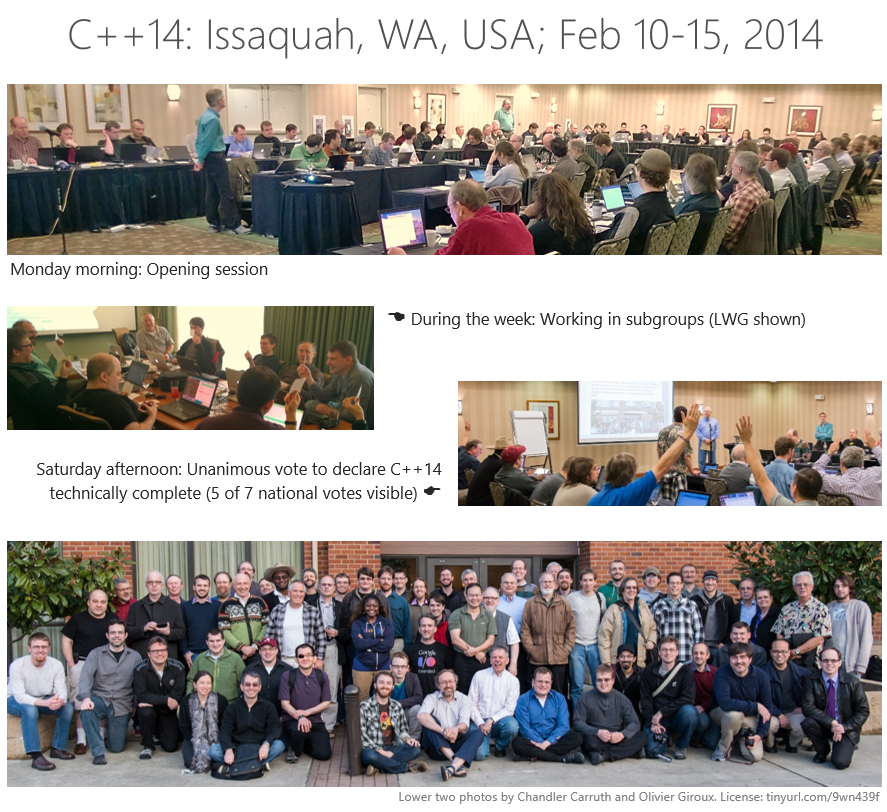Call for Papers for Meeting C++ 2014
Finally I can announce the date and place for Meeting C++ 2014:
We will meet this year in Berlin at the Andels Hotel on the 5th and 6th December!
With the announcement also the call for papers has started, until April 20th you can send in your talks for the conference. This years theme track is "Scientific Programming with C++", I hope to have again a lot of diverse talks about C++ at the conference!

